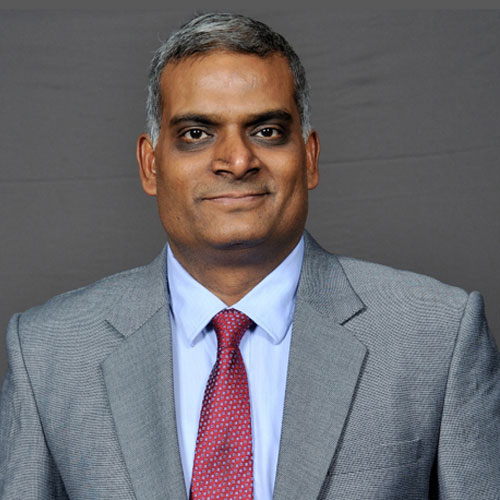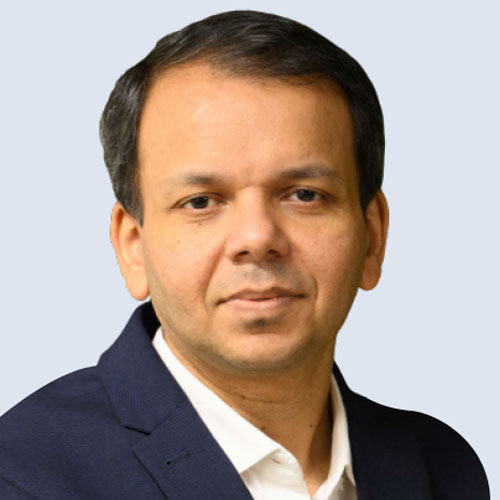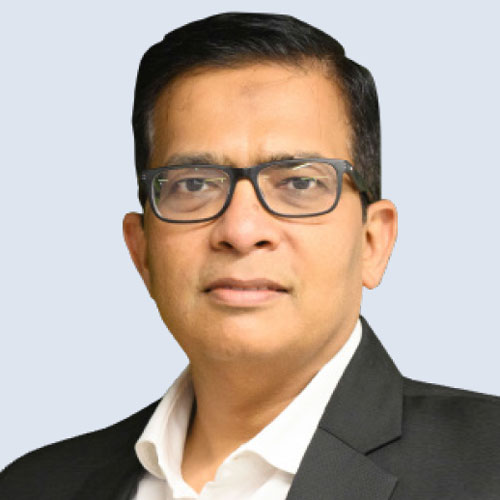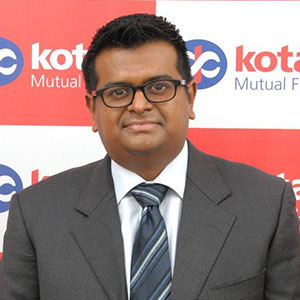Mr. Avnish Jain
Head - Fixed Income, Canara Robeco
Over 21 years of experience, From September 2013 till date in Canara Robeco Asset Management Company Limited as Head - Fixed Income Details, From December 2010 to September 2013 in ICICI Prudential Asset Management Company Ltd as Senior Fund Manager, From October 2008 to December 2010 in Deutsche Asset Management (India) Private Limited as Head of Fixed Income, From January 2007 to October 2008 in Professional Services with Misys Software Solutions (I)Ltd as Senior Consultant, From August 2005 to January 2007 in Yes Bank Ltd as Head of Trading, From November 1998 to August 2005 in ICICI Bank Ltd as Senior Trader - Proprietary Trading.
Q1. US Fed signals 3 rate cuts in 2024, how will it impact the interest rates and the overall bond market of India?
Ans: US rate cuts are likely to be beneficial to the local bond markets with the RBI also likely to reduce the repo rate, which may lead to drop-in interest rates. Lower interest rates are good for bond markets in general.
Q2. State Governments aim to raise Rs. 50,000 crore through bonds. What will be the impact on the Indian debt market of such high borrowing by State Governments?
Ans: State governments routinely borrow on a weekly basis from bond markets. Last year the total borrowing by states was Rs.10.07 lac crores in FY 2024. So borrowing on Rs.50,000 cr will likely not put any additional pressure on bond markets
Q3. How does the tightened liquidity from RBI impact investment in fixed income funds at the short end of the curve?
Ans: The short end of the yield curve typically reacts to changes in liquidity. If liquidity is tight, investors tend to hold cash or invest in very short-term papers. Hence, lack of demand for short term papers keeps short term rates elevated. When liquidity becomes easy, cash rates drop, which lead investors to shift to short term papers, leading to drop in yields in the short end of the curve
Q4. How are government and corporate bond yields expected to move, considering key events like election and global bond index inclusion?
Ans: The government and corporate bond yields are likely to be more impacted by global bond inclusion as the extra demand created is likely to lead a drop in government bond yields. The drop in government bond yields will likely be mirrored in corporate bond yields as well. Overall, FII inflows on global bond inclusion is likely to be positive for bond markets.
Q5. Inflation has continued to show a downward trend with inflation easing to 5.1% in Jan 2024 as compared with 5.7% in Dec 2023. However, RBI has continued to show its concern on the food price shocks going ahead. How do you think inflation numbers would slide in the coming future?
Ans: Combined CPI Inflation has further dropped to 4.85% for March 24. Core inflation continues to slow down and has been around 3.5%. This is below RBI’s target of 4% medium term inflation target. However, the volatility in food price and energy prices, emanating both from global factors and climate change related inclement weather has kept RBI in a cautious mode. CPI inflation is likely to moderate in the coming months. With IMD predicting a normal monsoon in 2024, food inflation is likely to remain under control, though energy prices could be adversely affected on current geo-political environment.
Q6. In the current market scenario, investors should opt for which investment strategy - accrual or duration based?
Ans: Considering the current situation, investors can be advised to follow a combination of accrual and duration strategy. US rate cuts are expected this year; however, the timing of rate cut is unclear. This is likely to keep markets volatile. Geo-politics will further add to this volatility. In this situation, investors can choose to opt for a medium duration accrual strategy like Banking & PSU Debt / Corporate Bond funds.







